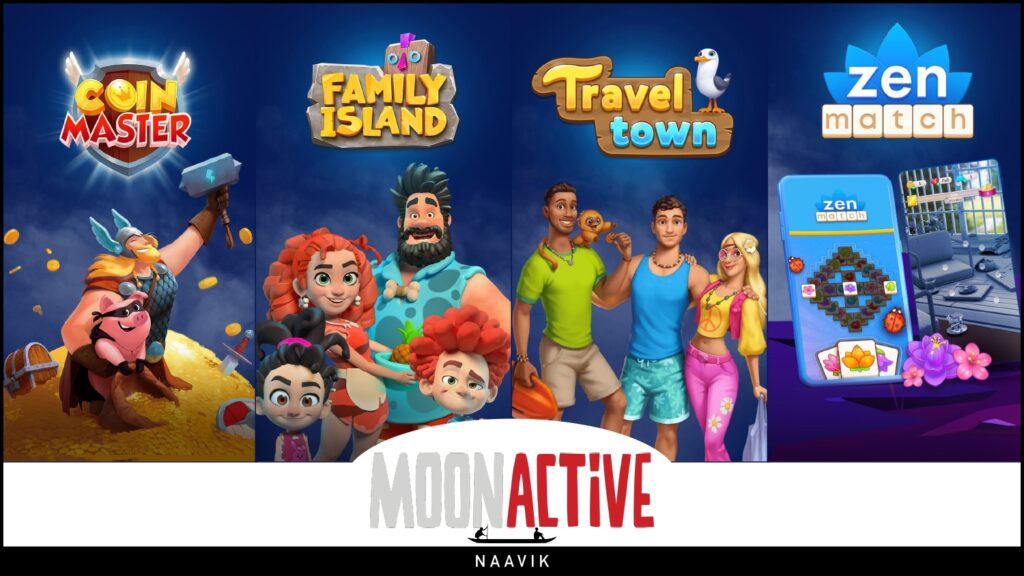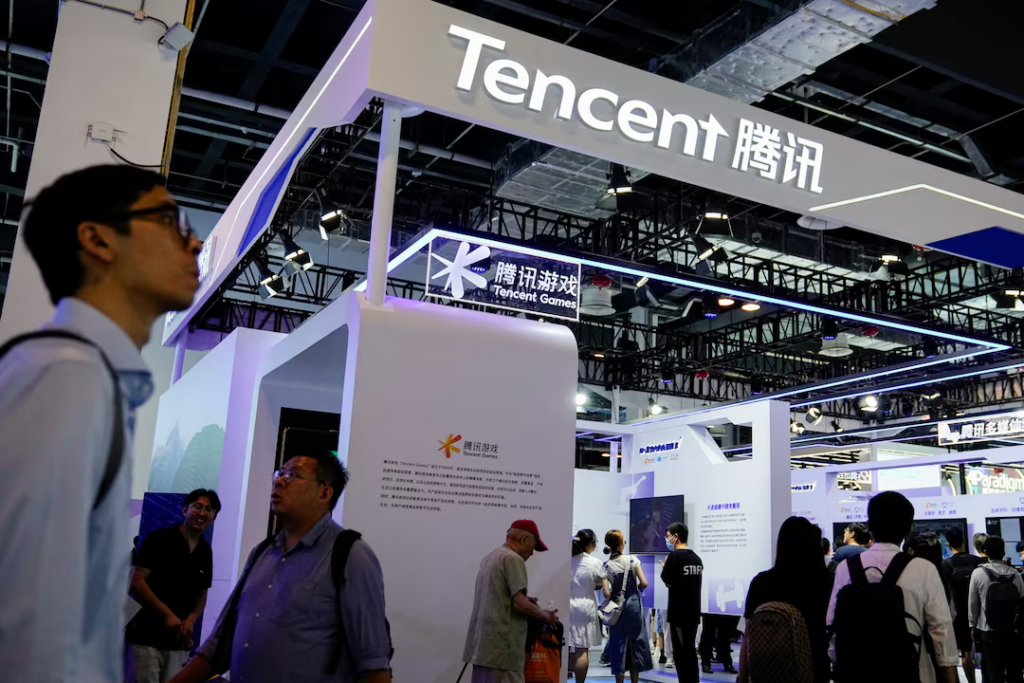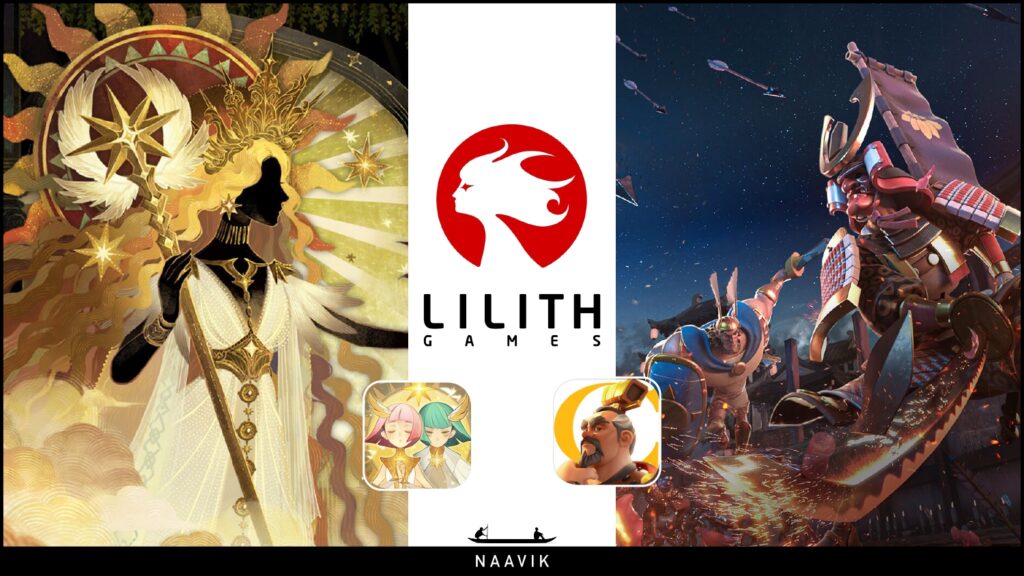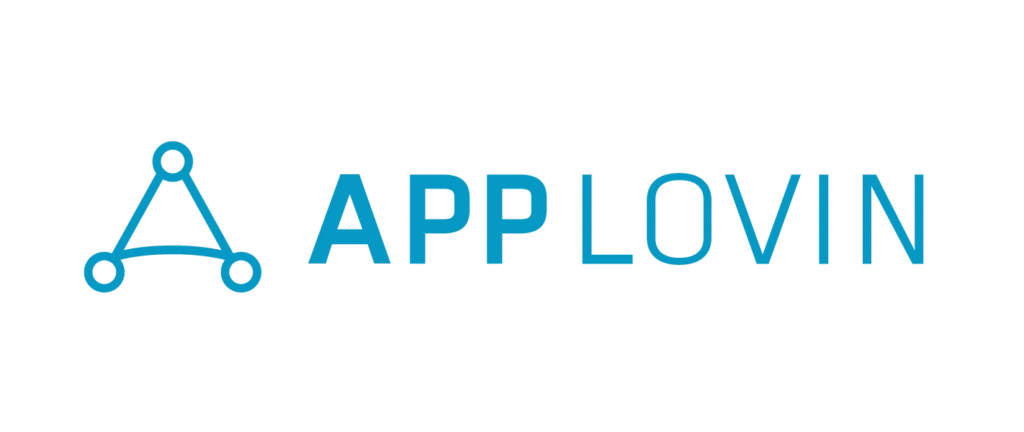As much of the game industry flocked to San Francisco for GDC 2024, a number of noteworthy news stories broke during the conference that merit a closer look. Here’s our take on the biggest talking points.
Sensor Tower acquires data.ai

What Happened?
In a bit of unexpected news to kick off the week, rival mobile analytics firms Sensor Tower and data.ai announced plans to combine. While the purchase price was not disclosed, we do know data.ai had $100M in annual recurring revenue, according to TechCrunch, and that the transaction was facilitated with the help of credit-based financing from Bain Capital.
In a separate transaction, Sensor Tower took on additional investment (also undisclosed) from private equity firm Riverwood Capital and South Korean VC Paramark Ventures. (Full disclosure: data.ai has previously been Naavik’s mobile data partner.)
So What?
According to Crunchbase, data.ai (née App Annie) has raised over three times the amount of funding compared to Sensor Tower (about $157M to $46M). This makes the acquisition even more surprising, as data.ai was widely believed to have been in pole position. Perhaps complicating matters for data.ai was the three-year-old securities fraud settlement relating to its use of nonaggregated and nonanonymized data, though Sensor Tower is itself no stranger to controversy. However, that was unlikely to be a major financial catalyst for this deal.
Unfortunately, additional information has been scarce, so we can only speculate as to how a much larger company like data.ai came to be acquired.
Now What?
This consolidation leaves few sizable competitors remaining in the mobile intelligence market, which could have an impact on pricing and more in the future. Unfortunately, it also means headcount reductions for many employees, as nearly half of data.ai’s staff was reportedly let go in the days following the announcement.
Both platforms will remain as standalone offerings for the time being, "with no additional consumer-focused changes." Sensor Tower’s leadership team is expected to remain in place to steer the combined entity.
Over time, it’s fair to assume the two services will converge into one platform, resulting in a veritable powerhouse of data, competitive intelligence, and reporting for gaming. Hopefully this will lead to more robust feature sets for our industry, but we shall have to wait and see.
United States vs. Apple

What Happened?
The U.S. Department of Justice (DOJ) made headlines by filing an antitrust case against Apple. The DOJ, along with 16 state and district attorneys general, accused the tech giant of “[exercising] its monopoly power to extract more money from consumers, developers, content creators, artists, publishers, small businesses, and merchants, among others.” You can read the full text of the complaint here.
So what?
This is actually the third time the DOJ has sued Apple on antitrust charges in the past 14 years, but it comes at a time when developers, publishers, and now governments have grown frustrated with the company’s restrictive policies. Specifically, the DOJ’s suit refers to Apple’s blocking of so-called super apps, mobile cloud streaming services, and cross-platform messaging apps, as well as several other allegations relating to limited access or functionality for third-party apps and hardware.
Interestingly, these allegations have very little to do with Apple’s App Store. Rather, they focus on the company’s efforts to maintain the iPhone’s dominant position by giving its own hardware (e.g. Apple Watches) and services (e.g. Apple Pay) advantages over the competition.
Unsurprisingly, Apple has refuted all of the DOJ’s claims, and in many cases may have valid arguments. For example, despite the DOJ’s allegation that Apple has blocked “super apps,” Bloomberg and others have pointed out that some do already exist on the iPhone, such as WeChat, Uber, and Tata’s Neu. Similarly, though the DOJ alleges Apple suppresses cloud gaming services, Xbox Cloud Gaming is available on the iPhone today. Bank of America analysts have characterized the DOJ’s concerns over cloud gaming as “misplaced,” and given the size of the cloud gaming market today, it may prove difficult to argue that consumers are in fact being harmed.
Now What?
Don’t expect a resolution any time soon. If history has taught us anything, it’s that the wheels of the United States legal system turn slowly, especially in cases involving corporate behemoths. Take for example the government’s antitrust suit brought against Microsoft in 1998 — a case that prosecutors have explicitly connected to this latest Apple suit. In that suit, the government and Microsoft weren’t able to reach a settlement for more than three years, with an additional four years of appeals from dissatisfied state attorneys general.
That said, pressure will continue to mount for Apple as it comes under increased scrutiny from legislators on both sides of the Atlantic. A few days after the DOJ’s suit was unveiled, the European Commission announced that it, too, would be investigating Apple (alongside both Google and Meta) under the EU’s new Digital Markets Act — a development that could potentially lead to fines as high as 10% of Apple's global annual turnover. One item of particular interest for the commission appears to be Apple’s new fee structure for alternative app stores. (Thanks to Eric Seufert for flagging this.)
While the competitive landscape among mobile distribution platforms is unlikely to meaningfully change in the near term, the increasing legal and regulatory pressures on Apple are bound to lead to concessions over the medium and long term. We already know that both Epic Games and Microsoft have plans to challenge Apple with their own mobile app stores. We’ve also seen major nongaming app developers such as Spotify apply pressure on Apple’s perceived anti-competitive stance, resulting in a recent fine of nearly $2B. At minimum, we can assume that Apple will be forced to reevaluate its competitive positioning both at home and abroad as the bad press continues.
State of Unreal at GDC ‘24
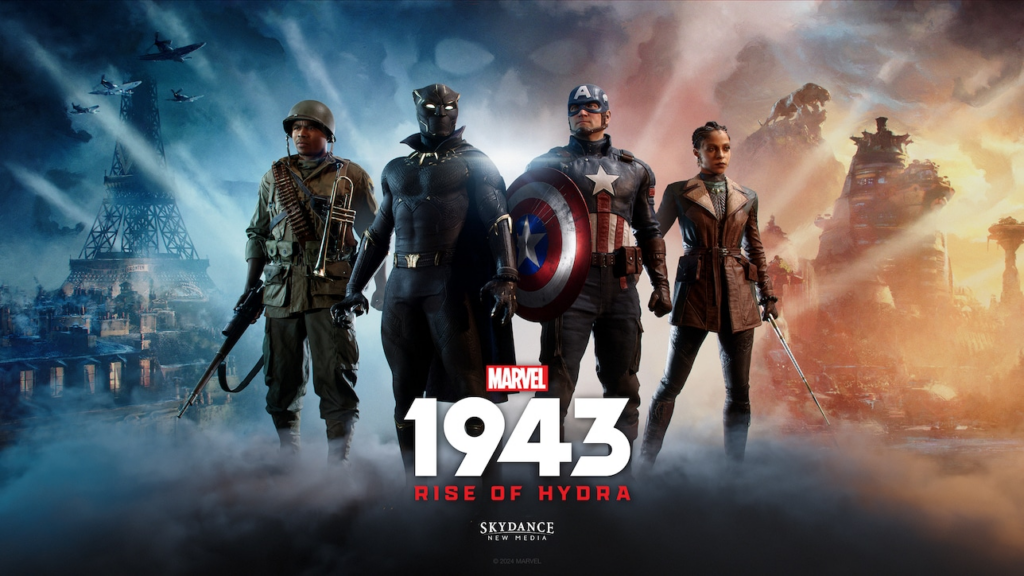
What Happened?
UGC was a hot topic at GDC this year, particularly as it relates to Unreal Engine for Fortnite (UEFN). Epic Games came prepared with a variety of updates featuring Unreal Engine and its suite of tools.
The highlights included the release of Unreal Engine 5.4 Preview 1, a plethora of additions to UEFN, and the reveal of a new “ensemble adventure” from Skydance New Media and writer/director Amy Hennig, titled Marvel 1943: Rise of Hydra (made in Unreal Engine, of course).
So What?
Unreal Engine continues to push the boundaries of AAA game development, with this latest version featuring major improvements to Nanite (for higher fidelity), the animation pipeline (for smoother workflows), and multiprocess cooking (for faster compiling), among many other developer-facing announcements. As for the broader audience of creators, UEFN will now get access to Unreal’s MetaHuman framework, enabling the creation and animation of realistic digital human NPCs. Additionally, the platform is set to see the addition of new assets from Rocket Racing, Fall Guys, and LEGO.
Finally, it’s nice to get an update on the latest Hennig project, as the acclaimed former Naughty Dog director has been largely out of the spotlight since forming a new story-focused gaming division at Skydance Media in fall 2019. That’s not to say that she hasn’t been busy, though, after previously contributing to the underwhelming Forspoken and taking on an as-yet-unrevealed "Star Wars" project, too. This latest Marvel game, based on an original story set in occupied Europe during WWII, features Black Panther and Captain America. Marvel 1943: Rise of Hydra is scheduled to be released in 2025.
Now What?
Unreal Engine 5.4 will follow up its Preview version with a full release in late April, while the various updates to UEFN will be introduced over the next several months.
Calls for Epic to deliver greater functionality and accelerate its UEFN roadmap have been consistent, dating back to the ecosystem’s initial launch. Though LEGO templates and Rocket Racing islands may not be exactly what creators had in mind, Epic is nothing if not ambitious. The creative palette available to UEFN developers is already broad and will continue to expand with these new additions. While the IP-driven updates mentioned above might draw headlines, it will be the additions slated for Q2 to Q4 this year — features like Custom Game Items, State-Based Gameplay, Personalized Discovery, and Custom Quests — that really open up the platform for experienced developers to unleash their creative potential.
In Closing
At times it seemed as though GDC was fragmented across various circles that only partially overlapped: mobile, PC/console, indie games, web3, VC, B2B, infrastructure, and more. Each group likely walked away with its own perception of the tenor of the conference.
A few key themes stood out beyond the aforementioned headlines. UGC, as we just touched on, was a recurring motif, with Roblox and Epic Games taking center stage in those discussions. AI, of course, was a hot topic throughout the week, particularly with NVIDIA’s GPU Technology Conference happening concurrently just down the highway in San Jose. Layoffs and employment challenges were also a common theme, with many developers voicing their frustrations and the conference itself trying to do its part to assist job-seekers (by offering free headshots, career development sessions, and more). There was also the usual frustration with San Francisco as the host city, including some particularly infuriating reports of drink spiking and police indifference.
Amid the good and the bad, GDC is an opportunity to bring the many disparate parts of our industry together. Sometimes it can feel like a great big family reunion, where people catch up with old colleagues, make new friends, and commiserate with others going through similar experiences. It’s certainly not all positive, and I think many would agree that uncertainty remains, even though there are pockets of excitement and opportunity.
It seems that every sector of gaming is facing unprecedented change. From a business perspective, the best approach may be to stay nimble, embrace the uncertainty, and expect the unexpected.
A Word from Our Sponsor: NEFTA

Superior IAA Revenue from iOS Users Who Opt-out of Tracking
Nefta's advertising network provides a privacy-compliant solution to the problems publishers and advertisers face, diminishing revenue and eCPMs from iOS users that opt-out through ATT. Nefta has devised an approach using first-party data to improve in-app advertising revenue.
Publishers integrate an SDK natively or via LevelPlay or Max mediation and add Nefta's game event taxonomy to gain greater insights into player behaviour. Nefta's platform observes these game events and usage patterns on an app-by-app basis and applies advanced machine learning and behavioural analytics to create profile groups. Nefta discovered that certain profile groups are more likely to click certain creatives resulting in greater audience engagement, ad interaction, and revenue growth.
This is how we are able to drive superior results for advertisers while increasing ARPDAU for publishers, in a 100% privacy-compliant way.
In Other News
💸 Funding & Acquisitions:
- Embracer is selling Borderlands developer Gearbox to Take-Two
- Internet Computer blockchain has raised $77M | Dfinity Foundation
- Illuvium raises $12M funding for blockchain games
- Popularium secures $2m seed funding for next game by Magic: The Gathering creator Richard Garfield
- Gunzilla Games raises $30M to support Off the Grid development
📊 Business & Products:
- The definitive primer for publishers and developers on striking deals with influencers
- Sega sells Relic and will cut 240 jobs across UK studios
- How King defines a ‘good’ Candy Crush Saga level – and constantly prunes the bad ones
- GDC 2024 draws nearly 30,000 attendees, up about 7%
- Gamers spend 25% more time watching streaming TV than non-gamers | Samsung Ads
👾 Miscellaneous:
- $700,000 raised in Playing for the Planet’s Green Game Jam 2023
- U.K.’s tech unicorns honored with ever-changing statue in NYC
- Misfits Gaming launches game studio, Misfits Interactive
- Dune: Awakening is going to turn me into a blood drinking, spice addicted survivalist
- Special Effect to win the BAFTA Special Award | News-in-brief
Our Investment Support Services

Over the past few years, we’ve had the privilege of supporting several great investment firms in and around gaming. Our team, which is deeply experienced and uniquely positioned at the cross-section of gaming, technology, and finance, is available to provide market and investment research, due diligence, and advisory support. Here is what one of our clients had to say.

“Having closely worked with Naavik since the firm’s launch in 2019, it’s been an absolute joy to see their growth. At Lightspeed, depth is our center of gravity. The same goes for Naavik. Their success to date is a testament to the team's uncompromising quality work and thoughtful commentary.”
- Moritz Baier-Lentz, Partner at Lightspeed Gaming
Whether you invest in public markets, venture capital, private equity, or are a business or investment bank facilitating deals, we’d love to help you meet and exceed your investment goals. You can learn more here and reach out below. Also check out our expanded consulting service portfolio here.


